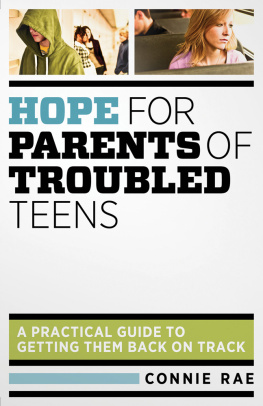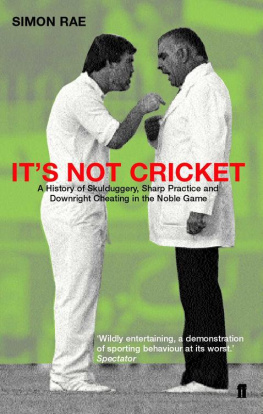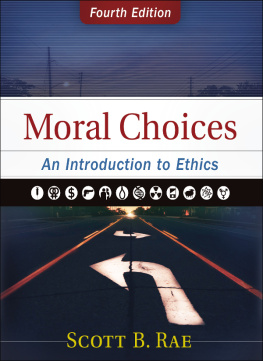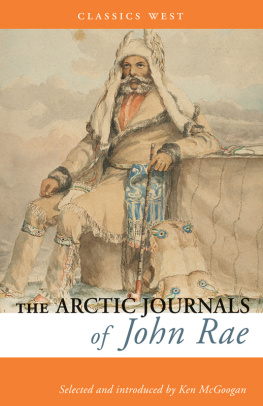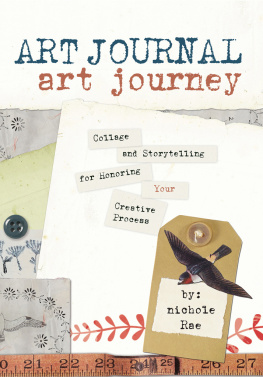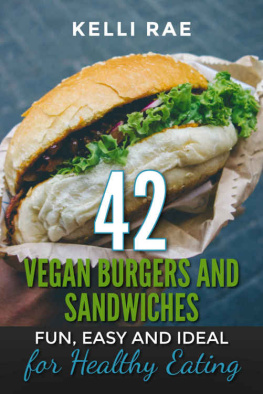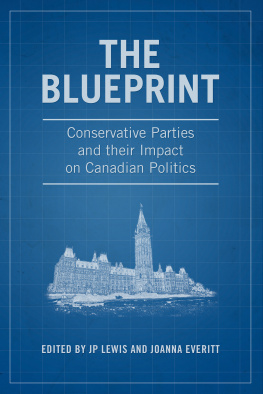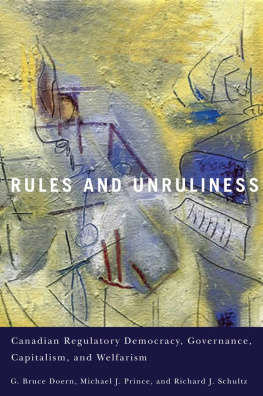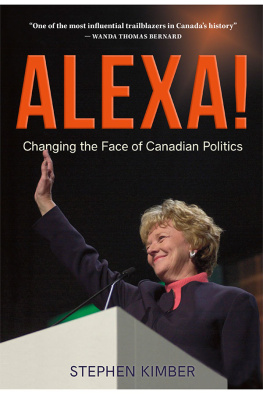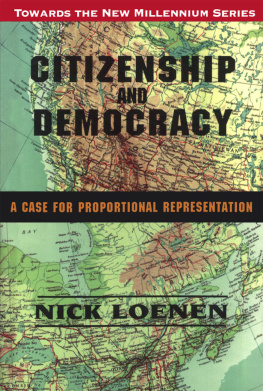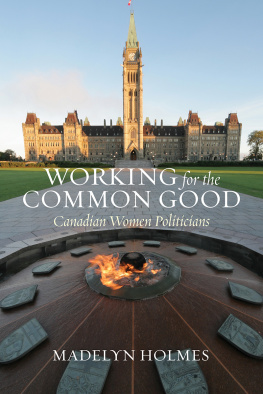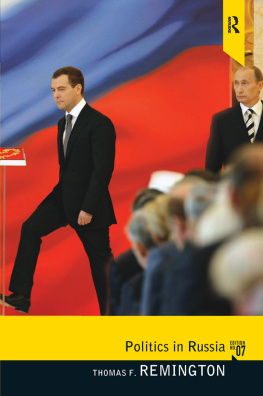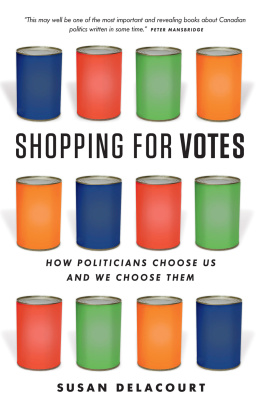
Simon & Schuster Canada
A Division of Simon & Schuster, Inc.
166 King Street East, Suite 300
Toronto, Ontario M5A 1J3
www.SimonandSchuster.ca
Copyright 2015 by Robert Rae
All rights reserved, including the right to reproduce this book or portions thereof in any form whatsoever. For information, address Simon & Schuster Canada Subsidiary Rights Department, 166 King Street East, Suite 300, Toronto, Ontario, M5A 1J3, Canada.
This Simon & Schuster Canada edition August 2015
SIMON & SCHUSTER CANADA and colophon are registered trademarks of Simon & Schuster, Inc.
Library and Archives Canada Cataloguing in Publication
Rae, Bob, 1948, author
Whats happened to politics? / Bob Rae.
Issued in print and electronic formats.
ISBN 978-1-5011-0341-4 (bound).ISBN 978-1-5011-1805-0 (ebook)
1. CanadaPolitics and government21st century.I. Title.
JL65.R34 2015320.971C2015-903842-1
C2015-903843-X
For information about special discounts for bulk purchases, please contact Simon & Schuster Special Sales at 1-800-268-3216 or .
ISBN 978-1-5011-0341-4
ISBN 978-1-5011-1805-0 (ebook)
For my parents, Saul and Lois, in loving memory.
Contents
Preface
P olitics is, above all else, a public pursuit. Its concerns and goals are not ends in themselves. They are important only if they help us to answer one question: How do we make individual Canadians lives better? There is an increasing sense that this has been lost in todays world, and we urgently need to change that. But how do we do it? What exactly is needed? And, most important, what are the consequences if we continue unchanged along the current course? Leaving partisan politicsfor the second timeI have found myself reflecting on these questions, trying to make some sense of my life in public service. In doing so, Ive come to realize that many of the values lacking in todays political landscape have their roots in the lessons I learned from my parents.
It has also been a year of reflection for very personal reasons: 2014 was the hundredth anniversary of the birth of both my parents. Though my father, Saul, had died some years before, my mother, Lois, spent her remarkable hundredth year enjoying her time among friends and family. Many years ago, one of my daughters came back from a visit to her grandmother and pronounced, Dad! Granny knows everything! Lois was indeed a wise and wonderful woman, and she spent most of her centennial year reminiscing about times past. During that year, I often visited her in the sitting room in my sister Jennifers house, overlooking a park in Cabbagetown in Toronto. As we chatted, our conversation would inevitably turn to events in Canada and the world, and her words gave new perspective to my thoughts.
As summer turned to fall, though, her health began to fail. She had survived many ups and downs in the preceding years, and we all assumed she would bounce back again. But it was not to be, as her heart gave way and she drifted into longer and longer sleeps. Lois died two days after her one-hundredth birthday, surrounded by her children and much love.
My father, Saul, died in the winter of 1999, and I had long thought of writing a short book about his remarkable life and career. My mother had encouraged me in this idea, as she did in so many other things. But as I considered my parents lives in the context of todays world, it dawned on me that there was more to their stories than biography. The more I examined the current state of politics and government in Canada, the more I saw in my parents the qualities that are so desperately needed todaypassion for service, integrity, and patience.
I learned much about the art and science of politics from my father. Saul Rae was born in Hamilton, Ontario, in 1914 to immigrant parents. His father was a cutter in the clothing business and his mother ran a family vaudeville act, The Three Little Raes of Sunshine. He enrolled with an all-important bursary at University College, Toronto, in the fall of 1932 and began his studies in sociology. This was a relatively new discipline in those years, but it drew him in because of his deep interest in people. Saul Rae was a convivial man with a truly remarkable sense of humour and fun. He was also inquisitive and bright, and so was immediately attracted to the broad study of people and the societies they built.
Winning a Massey Fellowship upon graduation allowed Saul to travel to England to continue his studies, and he chose the London School of Economics, which had been founded by those earnest Fabians, Sidney and Beatrice Webb, forty years before. He quickly turned his attention to the new field of public opinionit seemed ideally suited to his interest in people, what they thought, what made them tick. He studied with giants like Morris Ginsberg, a brilliant British sociologist, and Bronislaw Malinowski, one of the foremost twentieth-century anthropologists, and he attended Harold Laskis lectures on political theory. His doctoral thesis was titled The Concept of Public Opinion and Its Measurement.
Saul later worked with George Gallup, the American pioneer of survey sampling techniques, and together they wrote The Pulse of Democracy, an early book about polling. My father then came back to Canada with his English-born wife, Lois, and joined the Canadian foreign service in 1940, where he spent his professional life until his retirement forty years later.
A decade after my father retired I became premier of Ontario, which was a turning point in my personal and political life. For the twenty years prior to that, I had seen myself as a man in opposition, fighting the good fight but never really expecting to be in power. Governing was the decisive political experience of my life. Choices were no longer about good and bad but often about awful and less awful. And every choice had ramifications, so thinking consequentially became vital.
Impulsive chess players might achieve a temporary advantage, but they rarely win games. So too in tennis, a game I learned from my dad from the age of five. My brother John once opined that if you want to win a gameand politics is a game, albeit one of the utmost importance, with far-reaching consequencesits always a good idea to play against people who are worse than you are. That way youre more likely to succeed. As the architect of Jean Chrtiens three majority-winning election campaigns, he should know. But having the playing field tilted to your advantage isnt always possible. And if one is to succeed in politicsas in any gamecertain things have to be remembered.
Control the centre, for the game is won by the side that successfully does so. In politics, some people complain that the centre is too crowded. Thats nonsensical, because thats where most people are, and so thats where you have to be.
Every political leader has unique strong points that define him, but his overall success relies on having developed a better defence and countering any weak points to his skill set. Relying on his natural strengths will never be enough.
Patience and persistence count for a lot, and action is always more powerful than reaction. You can only create opportunities if you are the one in control of a situation.
Momentum is important, but its critical to remember that the same momentum that appears to be in your favour can turn on a dime. What makes a truly great politician is the ability to pivot, to improvise. The most important moments in a campaign occur when youre on your own with nothing to trust but your own instincts. If your instincts arent well honed, youll probably lose. But if you dont rely on them to respond to what your opponent is doing, youll lose anyway, because simply going through the motions wont cut it.
Next page

